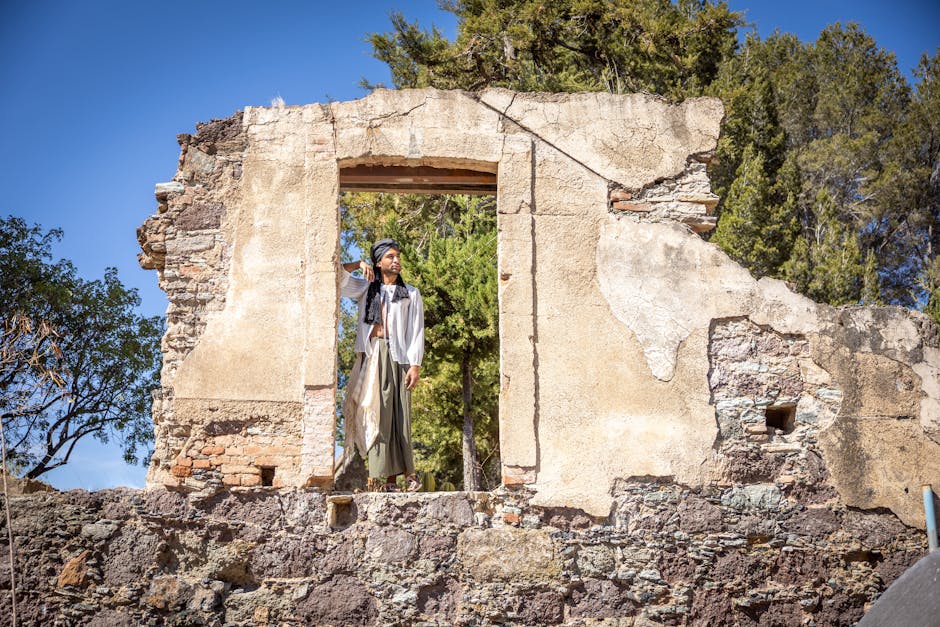The relentless pursuit of knowledge propels human endeavor, and the disciplines of history and archaeology are continually refined by fresh insights. While the tapestry of the past appears largely woven, the very nature of historical investigation suggests that future discoveries hold the potential to alter significantly our understanding of events, societies, and individuals that shaped the world. Will these revelations fundamentally shift our perspectives, forcing us to reinterpret the stories we currently hold dear?
A potent force driving potential revisions is the advancement of archaeological techniques. Modern methods, from ground-penetrating radar and drone imagery to sophisticated dating methods like radiocarbon analysis, yield levels of detail previously unimaginable. These tools allow researchers to uncover hidden layers of past societies, potentially exposing entirely new settlements, or revealing details about forgotten cultures. Imagine, for instance, the discovery of a previously unknown advanced urban center buried beneath a modern city, or the exhumation of artifacts providing a wealth of information about a long-lost maritime civilization. Such discoveries could completely overhaul our understanding of technological advancement, social hierarchies, and the complexities of human migration.
Moreover, the digital age provides access to new forms of data that can transform historical analysis. Digital archives, online databases, and crowd-sourced information now provide an abundance of historical evidence, vastly extending the scope of what can be studied. This digitized landscape facilitates connections and comparisons between disparate sources that were previously inaccessible, leading to a more comprehensive understanding of the past. For instance, a digitized collection of personal letters from the 19th century might reveal hidden anxieties and social dynamics that were not apparent in official records.
Crucially, future discoveries are likely to influence our interpretations of the past by challenging existing assumptions and biases. A prevalent challenge in historical scholarship is the inherent bias embedded within the record itself. Accounts are often written from the perspective of the powerful, neglecting the voices of the marginalized and oppressed. New discoveries might expose perspectives lost to time, shifting our understanding of power dynamics, social inequalities, and the lived experiences of diverse communities. This is not about discarding prior interpretations; instead, it is about contextualizing them with new evidence, offering a fuller and more nuanced picture.
Consider the rise of female leaders in ancient societies. While some evidence might have pointed to a minor role for women, future discoveries might reveal that female leadership was more prevalent or significant than previously imagined. Likewise, a more thorough examination of Indigenous populations’ interactions with colonial powers could reveal their resilience and resistance strategies that have been understated or overlooked in traditional accounts.
The potential for altering established narratives extends beyond the realm of material culture. Advances in genetics and biological anthropology are providing fresh perspectives on human evolution and migration patterns. Genetic studies of ancient human remains can refine our understanding of population movements and intermingling, allowing us to draw more complex pictures of human ancestry and the historical tapestry of humankind. These scientific discoveries can illuminate the interconnectedness of different populations throughout history, contradicting simplistic notions of linear progression and isolated development.
Yet, these future advancements are not without challenges. The interpretation of new findings is complex, and contextualization within broader historical and social frameworks is vital. The sheer volume of new data demands careful analysis and critical evaluation to avoid misinterpretations or selective use of information. Ensuring accuracy and objectivity remains paramount. The ethical considerations surrounding the excavation and interpretation of archaeological finds, particularly those pertaining to sensitive historical subjects, must also be scrupulously addressed. Furthermore, cultural sensitivity and respect for the cultures and communities whose history is under investigation must be paramount.
Despite the potential for revisions, it is unlikely that future discoveries will entirely discard the historical narratives we currently hold. Rather, the most probable outcome is a gradual refinement of those narratives. New evidence may refine our understanding of key events, challenge assumptions, and add crucial layers of depth to our historical understanding, but rarely will it eliminate existing knowledge. Future discoveries will likely highlight previously overlooked factors and offer more comprehensive and nuanced interpretations.
The past is, ultimately, a complex and multifaceted tapestry. Future research offers the possibility to further unravel and weave new details into this cloth, presenting a more complete, nuanced, and authentic image. This process of constant refinement reflects the dynamic and evolving nature of historical understanding and serves as a reminder that the search for truth is a continuous journey, driven by the ongoing quest for knowledge. The past, viewed through the lens of innovative research and fresh perspectives, will undoubtedly continue to surprise, enlighten, and challenge our understanding of the human experience.
